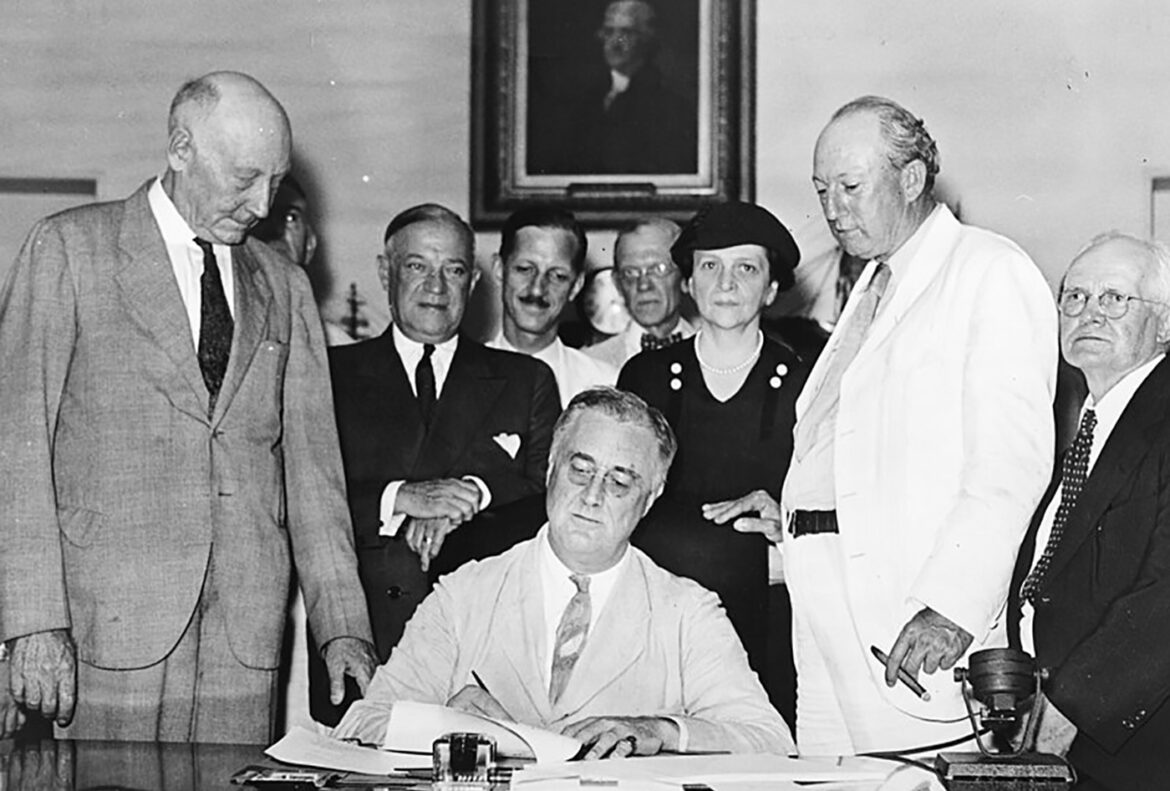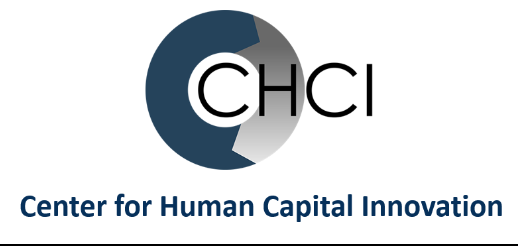
Frances Perkins: How Unique Strengths & Perspectives Drive Innovation
When considering the architects of modern America, figures like Franklin D. Roosevelt, Henry Ford, or Thomas Edison often come to mind. However, Frances Perkins, the first female U.S. Cabinet member and the driving force behind Social Security, deserves recognition for fundamentally reshaping the American workforce. Perkins achieved success and innovation by leveraging strengths and unique perspectives that did not arise often in previous male-only cabinets. Her story provides a playbook for modern professionals, on how to use varying perspectives to create meaningful change at work.
From Social Worker to Trailblazer: The Power of Empathy and Observation
Born in 1880, Frances Perkins began her career as a social worker, a profession that rarely led to political power in her era. This background provided her with invaluable, firsthand insight into the struggles of working-class Americans. She spent time with factory workers, children in sweatshops, and families on the brink of poverty, gaining direct exposure to labor issues.
Unlike policymakers, who relied on statistics and reports, Perkins built her ideas on human stories, understanding the emotional and physical toll of unsafe working conditions, unfair wages, and long hours. This ability to listen, observe, and empathize became one of her greatest strengths. Perkins was decades ahead of her time, proving that those who truly understand their audience can create lasting impact.
The Triangle Shirtwaist Fire: Turning Crisis into a Catalyst for Change
One of the defining moments of Frances Perkins’ career occurred in 1911 when the Triangle Shirtwaist Factory fire killed 146 garment workers, many of them young immigrant women. Trapped in unsafe working conditions with locked exits, these women had no way to escape.
Perkins saw this tragedy as a moment that demanded action. With The Conference Board, she took charge of an investigative committee that led to some of the first major workplace safety regulations in America, championing laws for fire escapes, building codes, and better working conditions. Her ability to turn crisis into reform would later shape her work in the federal government. In one year as the director of the Committee on Public Safety for New York, she was responsible for the creation of twenty-eight bills on factory safety regulations and fire codes, twenty-six of which passed the state legislature.
Human Insight is a Competitive Advantage
In modern workplaces, leaders often rely primarily on data, spreadsheets, and analytics, which are valuable tools. However, emotional intelligence and empathy are equally critical. The ability to truly understand people can lead to breakthrough innovations, regardless of the field. Perkins demonstrates that non-technical skills, like listening and understanding, can drive big results.
When President Franklin D. Roosevelt asked Frances Perkins to serve as the U.S. Secretary of Labor, she accepted on the condition that Roosevelt supported her vision, included Social Security, unemployment insurance, minimum wage laws, workers’ compensation, and ending child labor.
These were radical ideas at the time, yet Perkins understood that the economy could only thrive if American workers were protected. While many of her male counterparts debated economic policies in abstract terms, Perkins approached labor reform through practical, real-world solutions.
Instead of using brute force, aggressive politics, or intimidation, she led with persistence, collaboration, and an unwavering commitment to her cause. Despite often being the only woman in the room and facing skepticism, she leveraged intelligence, preparation, and negotiation to achieve her goals.
Lead Authentically, Not Traditionally
Many women in leadership feel pressure to be taken seriously by adopting traditionally “masculine” traits. However, Perkins leaned into her unique strengths—compassion, deep research, and collaborative decision-making—to drive policy changes that transformed the country. Authentic leadership, rather than forced conformity, is often the most powerful way to create change.
Organizations and leaders often focus on quarterly profits or short-term metrics. However, the most impactful innovations are built with the future in mind. Perkins’ vision teaches that the best leaders don’t just ask, “What will make an impact now?” but “What will continue to matter 50 years from now?”
Perkins’s diplomatic skills proved particularly useful as she advocated for the Fair Labor Standards Act (FLSA), which established a national minimum wage, regulated maximum hours, and abolished child labor. The struggle over the FLSA involved months of debate, both in Congress and on a national level, which culminated in the larger constitutional debate over the power of the federal government.
Perkins used the skills she learned from her time in state politics to maneuver the many groups who furiously opposed the bill: organized labor groups, manufacturing and business interests, and partisan lawmakers. In Congress, lawmakers spent over a year in a legislative deadlock, engaged in furious debate, revision, and alternate proposals that in turns expanded or weakened the bill’s provisions.
Perkins tackled the constitutional stalemate with her characteristic diplomatic approach, intentionally cultivating friendships and relationships that undoubtedly helped the passage of the FLSA. Perkins was well known for hosting dinner parties for colleagues, friends, and political leaders at her house in Washington, and these gatherings gave her an informal setting for networking.
The Power of Non-Traditional Strengths
Frances Perkins redefined what leadership looked like by using different strengths—observation, deep research, empathy, and long-term vision—to change the country forever. Her legacy proves that varied perspectives drive innovation. Today, organizations that embrace different viewpoints are the ones that lead in creativity, resilience, and impact.
In what ways have you found non-traditional strengths to be helpful in your work or personal life? How have you used empathy and understanding to drive innovation?
Leave a comment below, send us an email, or follow us on LinkedIn.


Leave A Comment